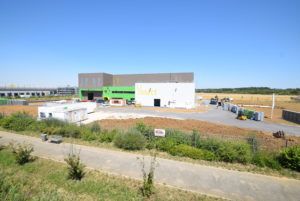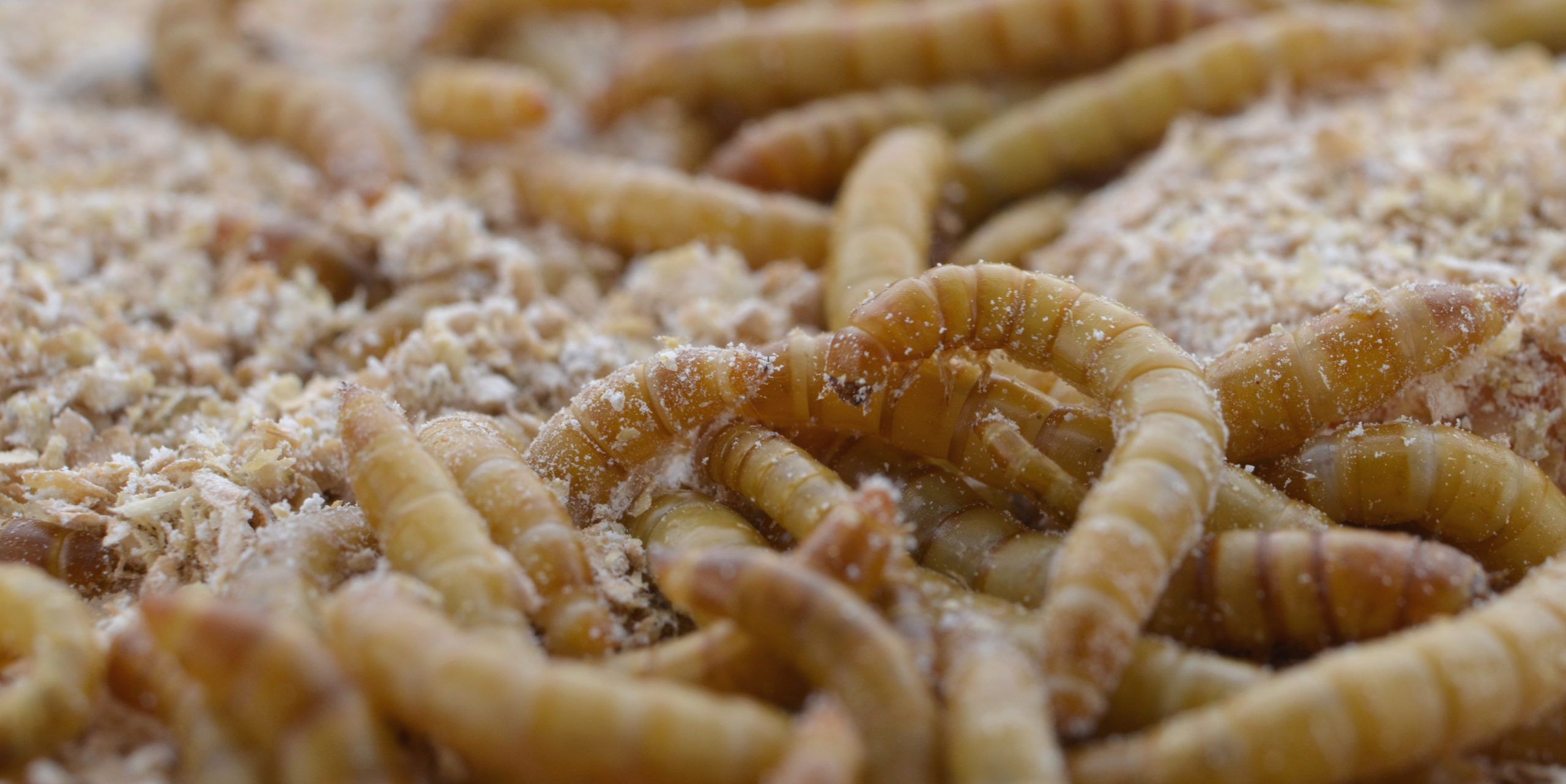Insect farming is starting to raise some big bucks as French company Ynsect reveals today that it has raised $15.2 million in Series B funding from a range of global investors.
Ynsect farms mealworm for use as a fishmeal replacement in fishfeed and has now raised a total of $37 million in its three-year existence.
The funding comes hot on the heels of AgriProtein, the South African black soldier fly farming company, which raised $17.5 million last month.
UK impact investment firm Future Positive Capital and Bpifrance Ecotechnologies led the round, with participation from existing investors Emertec, Demeter Partners, VisVires Capital, New Protein Capital and Business Angels.
It’s not surprising that the space is starting to attract large sums; this week a new clean tech venture fund launched by Bill Gates and other high-profile investors called Breakthrough Ventures highlighted alternative proteins such as insects as one of its focus areas for investment within agriculture.
“Much of what we feed farm animals is high-quality protein that humans could eat instead,” reads the Breakthrough website. “New sources of animal feed will not only make more protein available for us to eat, but also reduce pressure on land use and the land footprint of agriculture.”
Optimizing insect farming with robotics
Ynsect is using robotics and automation to farm mealworm for use as a fishmeal replacement in fish feed. It will use the funding to increase capacity at Ynsite, Ynsect’s pilot center in Jura, France, and to begin preparatory engineering work for what it claims will be the world’s largest insect factory with the capacity to produce at least 20k metric tons of insect protein a year.

Ynsect’s proprietary technology produces TMP, or Tenebrio molitor protein — a de-fatted protein meal made of farmed mealworm larvae — using robotics, automation, and machine learning for extra precision, according to founder and CEO Antoine Hubert.
“We have studied how insects have been farmed for centuries in Asia and Europe, and it was a really painful, complex and labor-intensive process for farmers. We’re now automating processes such as harvesting the mealworm, removing the dead, collecting mature and sorting eggs,” he said.
To do so, Ynsect is both adapting third party robotics to suit its needs, as well as designing its own.
“Third party suppliers of robotics are usually focused on tending to machinery, so it’s different to handling biological, living beings,” said Hubert. “Our software algorithms feed these robots using data collected by sensors throughout the factory as well as our own R&D which we hope will enable the model to improve over time and reduce the potential for deviations and underperformance.
Growing space
While insect farming seems like a niche market, Hubert and his team have identified 200 startups in the space. However, very few have raised substantial capital besides those that are members of the International Platform for Insects for Food and Feed (IPIFF), which includes AgriProtein.
IPIFF has made great progress this year by lobbying the European government to relax regulations around insects in fish feed in Europe, something that’s expected in mid-2017.
One of the main benefits of using insects for fishmeal is the feed-to-protein conversion ratio and cutting down the use of small, wild fish commonly used in fishmeal. Ynsect says its TMP product contains over 70% protein, whereas using fish not only depletes ocean biodiversity and feedstock for wild fish but also raises food safety concerns due to the high content of heavy metals which bio-accumulate within dwindling fish stocks.
“While insects account for a significant share of the diets of fish, birds and mammals in the wild, the same isn’t true of their farmed equivalents,” said Hubert in a statement. “At Ynsect, we produce insect proteins that can change this unnatural and unsustainable situation. We can now feed animals with a higher quality and more nutritious diet while reducing the amount of fish meal they consume. Crucially, we can also combine this with far greater sustainability.”
Ynsect will expand overseas
The large, France-based factory the company has planned for the next year is just one part of its expansion plans. It’s also in talks with potential investors about building a plant in the US, specifically in the MidWest, to be closer to potential customers. Any construction projects will require extra project financing on top of these equity funding rounds, he added.
Ynsect will be doing a bit of a US roadshow next year including presenting at the World Agri-Tech Investment Summit in San Francisco in March and a clean tech event in San Francisco in January.
Are you farming insects for animal feed? We want to hear from you! Email [email protected]





